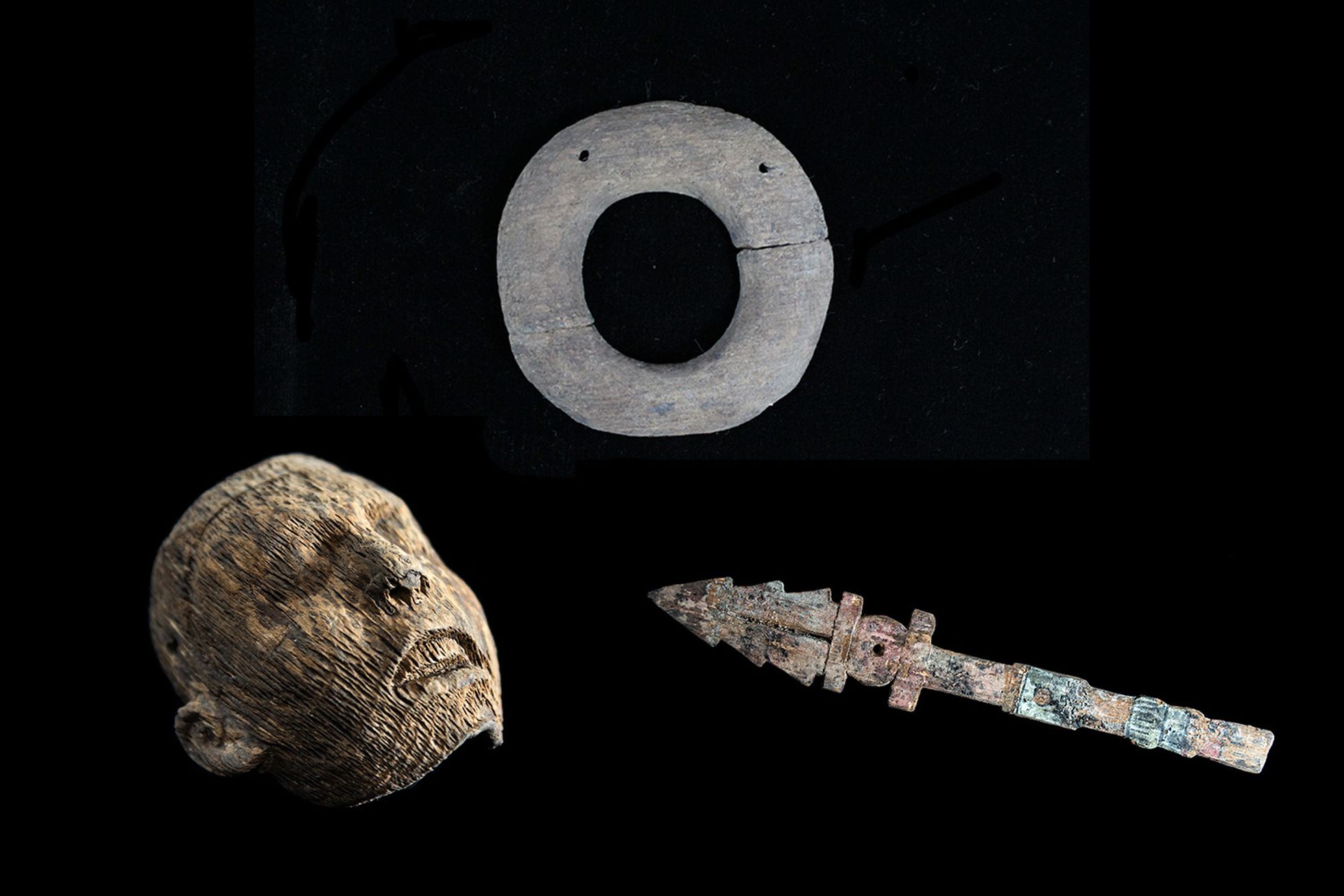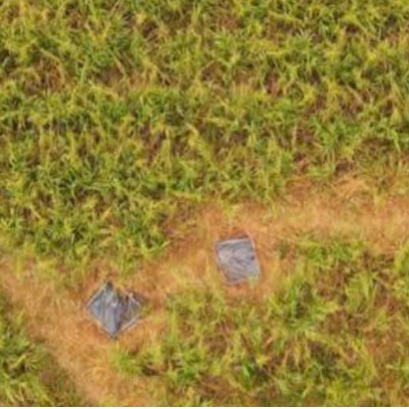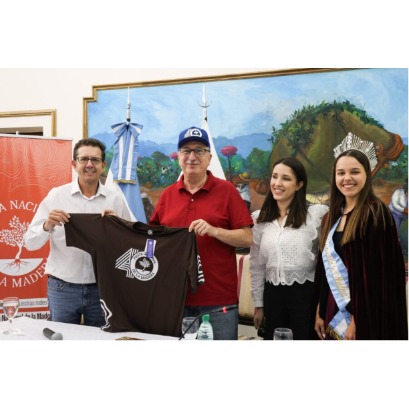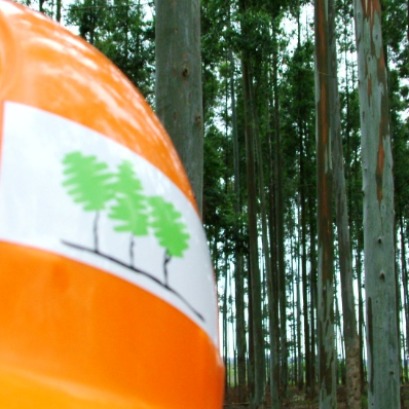
The 2,550 wooden objects recovered for the first time from the offerings of the Templo Mayor of Tenochtitlan
Archaeologists, restorers and specialists have managed to rescue objects that have survived more than 500 years submerged in water, some completely flooded. It is a true feat of science dedicated to the conservation of these materials
So far, there are 2,550 wooden pieces that archaeologists, restorers and specialists have managed to rescue from the extraordinary offerings found at the foot of the Great Temple of old Tenochtitlan: darts, dart throwers, pectorals, earrings, masks, ornaments, earmuffs, sceptres, jars, headdresses, a representation of a flower and another of bone, all found in the ritual deposits made by the priests to consecrate a building or make a request to the Aztec gods. This is a true feat of science dedicated to the conservation of these naturally delicate plant materials. The objects have survived more than 500 years submerged in water, some completely submerged.
A high and constant level of humidity, little oxygen and light, as well as minimal temperature fluctuations, contributed to the preservation of the organic remains to this day. While, a modern method of conservation and stabilization, in which synthetic sugars are used (lactitol and, later, trehalose) - a technique used for the first time in Mexico, in 2002, by the restorer Alejandra Alonso, who carried out the stabilization of the wooden artifacts from Offering 102 in the Templo Mayor — will be preserved for this and future generations to see. Due to their natural vulnerability, the preservation of the wooden objects in the offerings located at the foot of the spiritual center of the Mexica is considered exemplary.

IT MAY INTEREST YOU
 Vida Silvestre and ArgenINTA promote a national consultancy for the restoration of forest landscapes in Argentina
Vida Silvestre and ArgenINTA promote a national consultancy for the restoration of forest landscapes in Argentina
The Argentine Wildlife Foundation and the ArgenINTA Foundation signed a technical cooperation agreement to begin a consultancy aimed at the Restoration of Forest Landscapes (FPR) in the seven forest regions of the country. The work seeks to generate technical and scientific inputs that guide the design of provincial and national restoration programs, in support of the implementation of Law No. 26,331 on Native Forests.
 Missions | The traditional National Wood Festival in November celebrates four decades of a popular gathering in San Vicente
Missions | The traditional National Wood Festival in November celebrates four decades of a popular gathering in San Vicente
The official announcement of the 4�th San Vicente National Wood Festival was made this Tuesday by the governor of Misiones, Hugo Passalacqua. The cultural and festive event will take place from November 5 to 9 at the Verón Gallardo Sports Center in San Vicente, Misiones, to celebrate four decades of history. The San Vicente National Wood Festival is a popular meeting point for the agroforestry and commercial community in the Alto Uruguay area, and is an opportunity for the forestry-industrial chain to expose its development and services. The festival includes cultural, artistic and economic promotion activities.
 Between Rivers | Everything ready for the traditional INTA Concordia and AIANER Forestry Days
Between Rivers | Everything ready for the traditional INTA Concordia and AIANER Forestry Days
The traditional Entre Ríos Forest Days, which this year celebrate their 39th edition, will take place on November 7 from 8 a.m. to 6 p.m. at the INTA Concordia facilities, located at Yuquerí Station and Railway tracks.





















